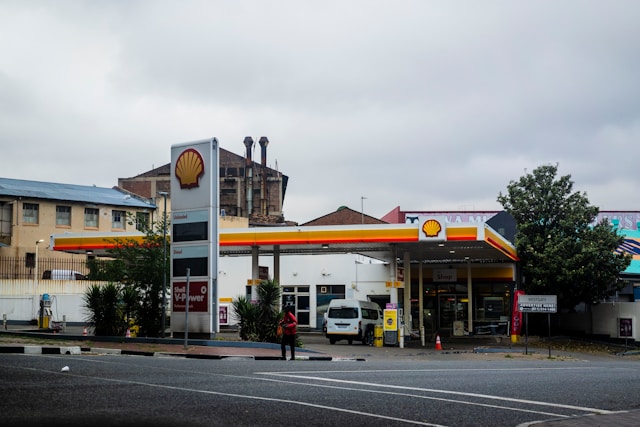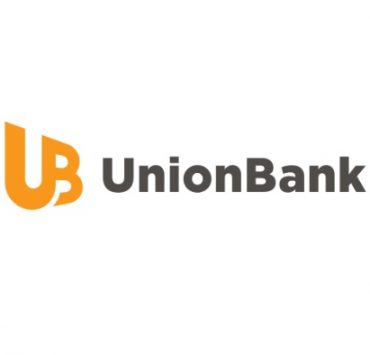Oil firms roll back prices effective on July 30; CHR looks for right definition of ‘red-tagging’ in inquiry

After last week’s mixed price adjustment, local oil companies implemented price cuts effective on July 30. In separate advisories on Monday, Seaoil, Shell Pilipinas, Cleanfuel, Petro Gazz and Jetti announced that the prices per liter of diesel would be slashed by 85 centavos, kerosene by 80 centavos and gasoline by 75 centavos.
An official of the Department of Energy (DOE) attributed the downtrend to low demand and a projected increase in supply, as well as a brewing ceasefire deal in war-torn Gaza. “The current trend leans bearish due to the oil market expectations of plentiful supplies and weak demand.
Likewise, the Gaza ceasefire negotiation threatens to erode the geopolitical risk premium of crude and petroleum products,” Rodela Romero, director of the DOE’s Oil Industry Management Bureau, said in a statement. Romero also pointed to an ongoing 15-day price freeze on kerosene and liquefied petroleum gas after some areas hit by Supertyphoon “Carina” (international name: Gaemi) were placed under a state of calamity. — LISBET K. ESMAEL
CHR looks for right definition of ‘red-tagging’ in inquiry
The Commission on Human Rights (CHR) started on Monday a two-day public inquiry into “red-tagging,” or the practice of labeling individuals or groups as communists or terrorists, to come up with a “definitive definition” of the act.
In a press briefing, CHR Commissioner and spokesperson Beda Epres pointed to a significant gap in the current legal framework because of the lack of a law penalizing red-tagging, adding, “What we have are existing laws that penalize acts which are constituted red-tagging.” “The main reason why we are having this red-tagging [inquiry] is in order for us to come up with a definitive definition of what really is red-tagging,” he said.
The CHR, he added, would propose to Congress measures regarding the “correct definition” of red-tagging, the acts constituting the practice and corresponding penalties. For his part, CHR Chair Richard Palpal-latoc was hopeful the inquiry would help the commission “come up with concrete recommendations to ultimately address the situation through the willingness of duty-bearers and rights-holders to participate in this undertaking.”
The public inquiry is expected to gather perspectives from various stakeholders to develop recommendations for preventing human rights violations related to red-tagging. It will also collect testimonies from human rights defenders, legal experts and individuals affected by red-tagging. Human rights group have long criticized the practice, saying it can lead to harassment, intimidation and violence. — RUSSEL LORETO

















